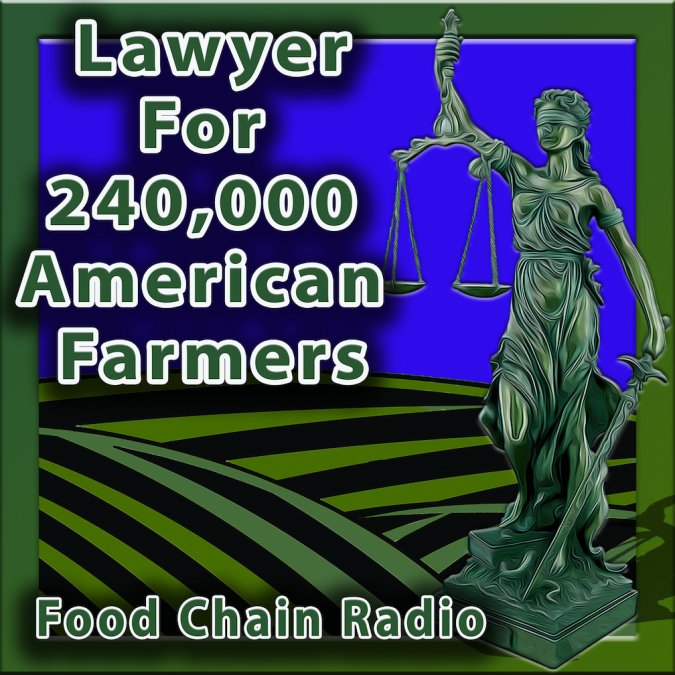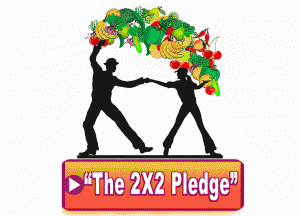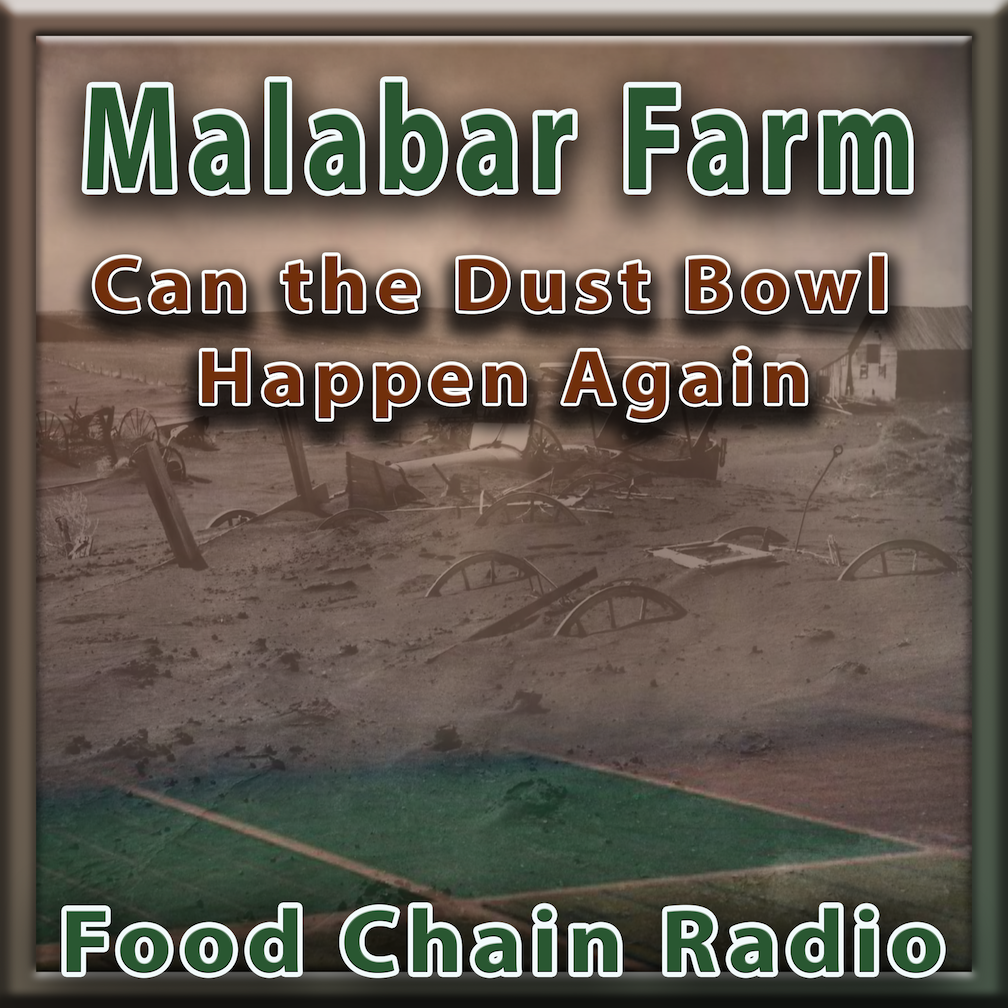
Malabar Farm
January 8, 2022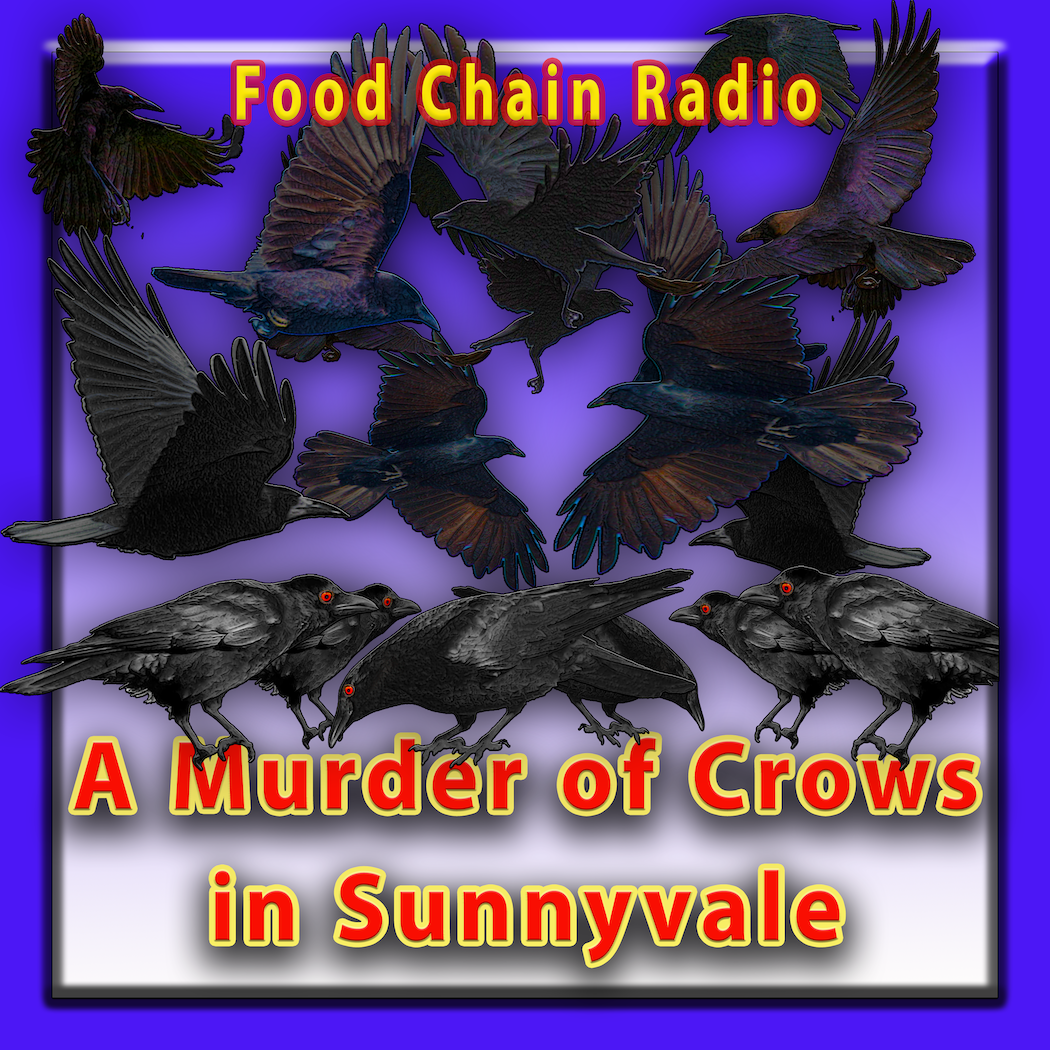
A Murder of Crows Invades Sunnyvale
January 20, 2022GUEST: Attorney Sarah Vogel Author The Farmers Lawyer
BOOM! It was 1914 and the world was at war. Europe was being torn to shreds by trench warfare, and wherever the trenches went, the land was certain to be in fallow.
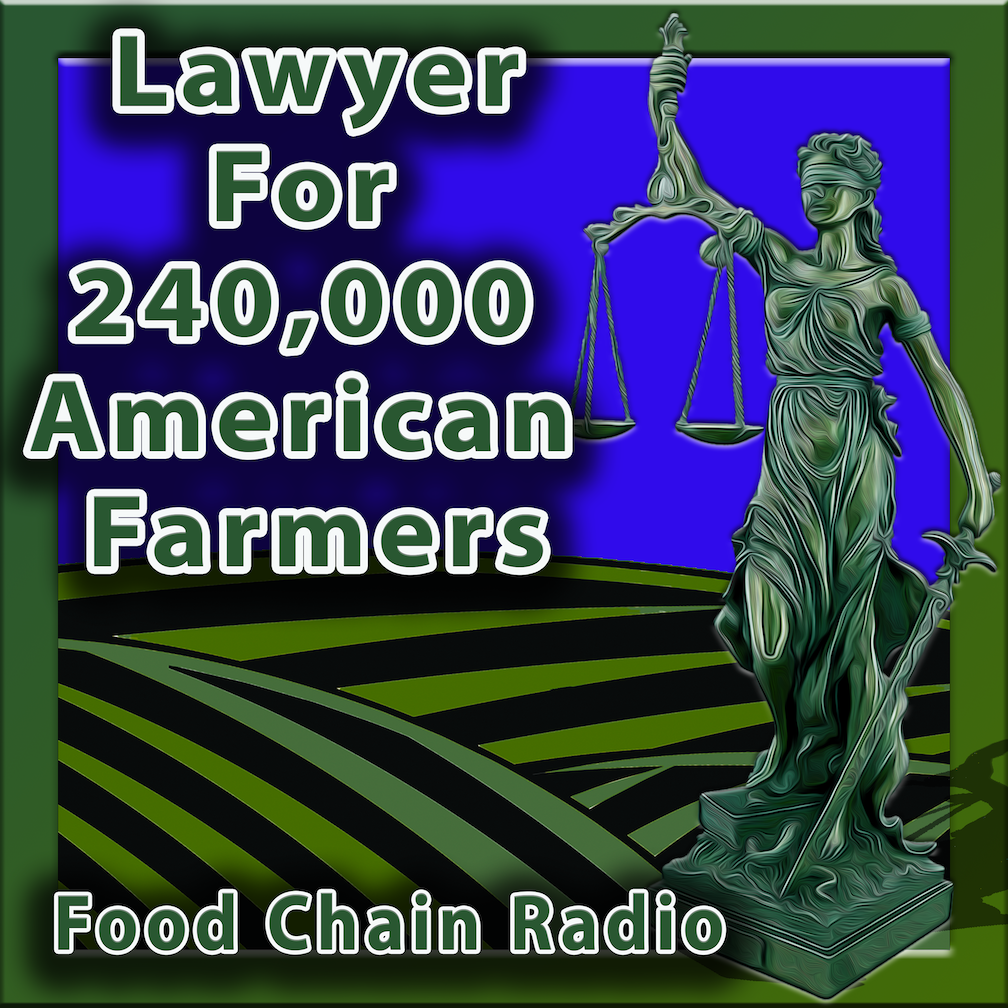
Michael Olson Food Chain Radio – Lawyer for 240,000 American Farmers
It was hungry times for America’s friends and foes alike. What America had at that time that the nations of Europe did not have was farmland and farmers. American farmers were given the opportunity to grow food, and so they borrowed money, plowed up the ground, grew food for the world, and made money.
BUST! When World War I ended in 1918, America’s European friends and foes alike turned their swords back into plowshares and returned to the business of feeding themselves. This left American farmers with a lot of crops to sell, but without enough buyers willing to buy those crops.
And so, while America’s city-dwellers enjoyed the exuberance of the Roaring Twenties with its soaring stock market, American farmers struggled with their collapsed markets and bank loans. Then came the dry winds of drought, and many of America’s farmers withered up drifted away.
This boom and bust farming cycle has occurred throughout history. Take the first decade of the second millennium, for another example. During the early years of the decade, times were good and farmers borrowed big. But the tide had turned by 2005, and by 2008 farms were being foreclosed, farmers were leaving the land, and farmland was being consolidated into ever fewer hands.
Then Attorney Sarah Vogel went back home to North Dakota, hung her shingle, and sued the federal government on behalf of 240,000 farmers. She won, and many of the farmers were able to keep their farm. But attorney Vogel’s big win did not stop the cycle of boom and bust farming. And so we ask:
Leave a comment below: Can the booms and busts of farming be eliminated?
Michael Olson’s Three Laws of the Food Chain
#1 Agriculture is the foundation upon which we build all our sand castles.
#2 The farther we go from the source of our food, the less control we have over what’s in that food.
#3 Cheap food isn’t! READ MORE


